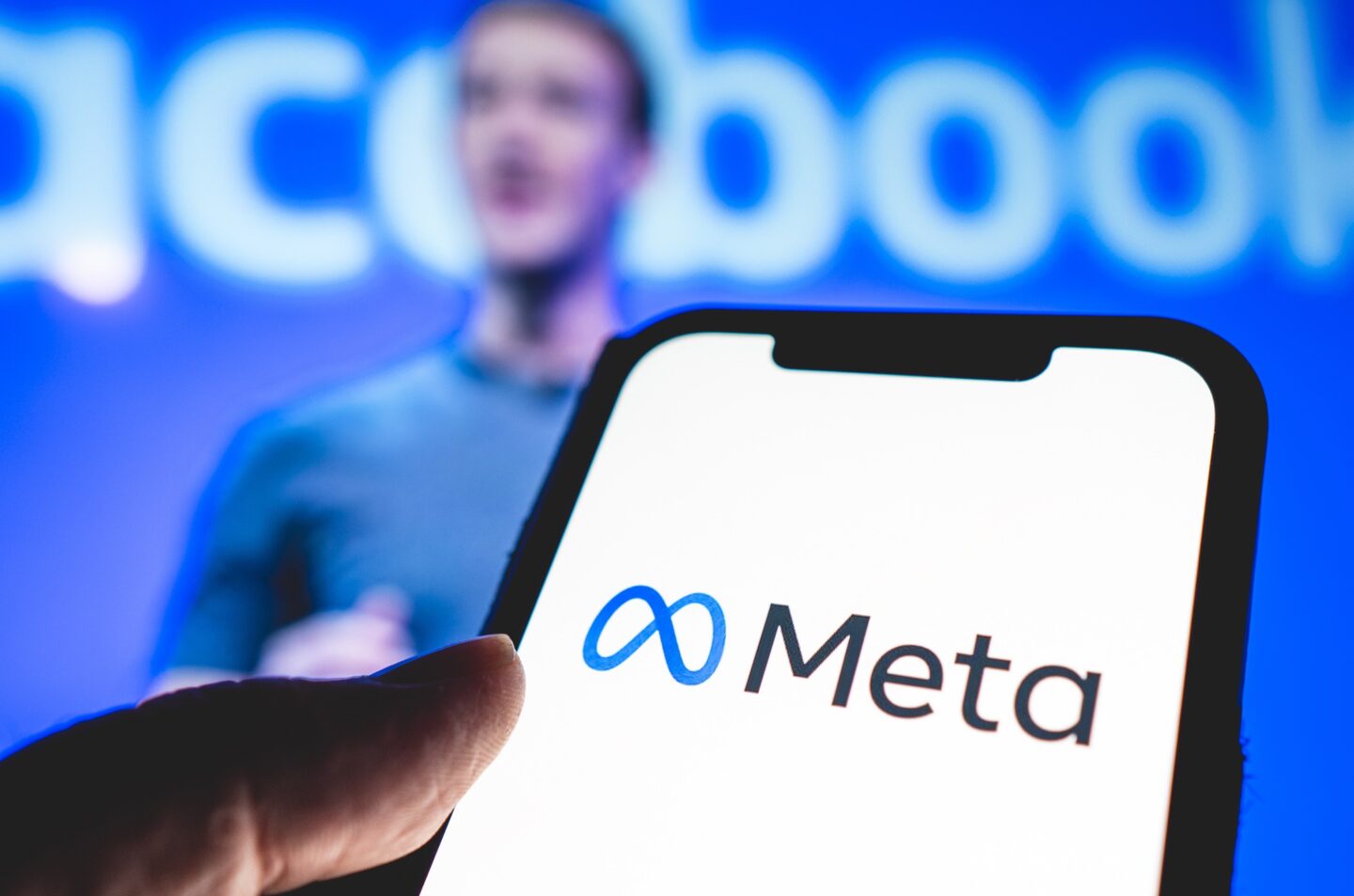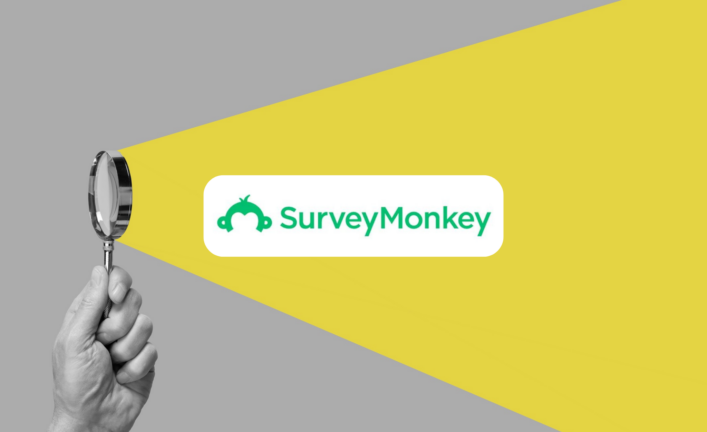The European Commission has concluded that Meta's "pay or okay" advertising strategy contravenes the Digital Markets Act (DMA). According to the initial assessment, Meta's approach, which forces users to choose between consenting to the amalgamation of their personal data or opting for a paid, ad-free version of their social networks, fails to provide an equally effective alternative that respects user privacy.
“Our investigation seeks to ensure market contestability where gatekeepers like Meta have amassed personal data of millions of EU citizens over many years. Our preliminary view is that Meta’s advertising model does not comply with the Digital Markets Act. We aim to empower citizens to control their data and choose a less personalized ad experience,” stated Margrethe Vestager, European Commission Executive VP in charge of competition policy.

Digital platforms usually harvest personal data from both their own and third-party services to streamline targeted advertising. With their market positions, gatekeepers like Meta can enforce terms that enable extensive data collection, creating a competitive advantage and high entry barriers for other advertisers and social network providers.
In November 2023, Meta unveiled a model offering EU users two options: pay a monthly fee for an ad-free experience or continue using the platforms for free with personalized ads. However, the Commission argues that this binary choice does not meet the DMA's requirement to provide users with a less personalized yet equivalent alternative.
Meta has responded by highlighting its extensive compliance efforts. The company reports that over 11,000 employees have been involved in creating and implementing new systems and user controls to adhere to DMA regulations.
In addition, Meta claims to have invested over 590,000 hours of engineering and technical work – equivalent to over six decades of labor – to make the necessary changes. Nick Clegg, Meta’s president of Global Affairs, recently wrote an op-ed warning about the potential impact on European innovation due to stringent regulations. Meanwhile, Meta stated it has offered to reduce the cost of its subscription service and is awaiting feedback from regulators.
What does the future hold?
The Commission aims to conclude its investigation by March 25, 2025. If the concerns are confirmed, Meta could face fines of up to 10% of its global revenue, with penalties potentially doubling for repeated offenses.
This case highlights the ongoing tension between tech giants and EU regulators concerning data privacy, market competition, and innovation in the digital sphere.









